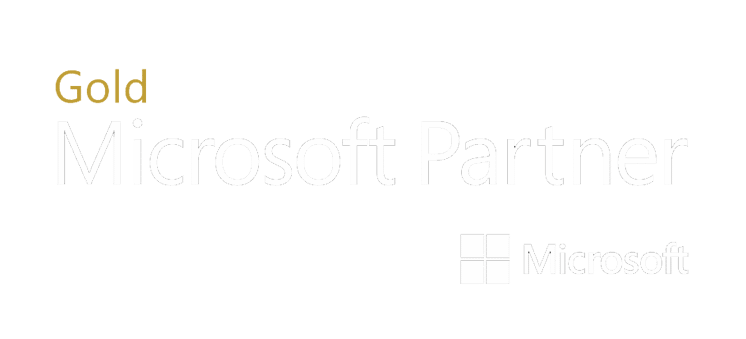MFA – Optimize User Experience Without Sacrificing Cybersecurity
Maintaining strong and complex passwords is not as easy as it sounds. Most users opt for passwords that are short and easy to remember instead. Even though passwords are the most direct way to access a user’s private information, most passwords in use today are simply not strong or complex enough.
In today’s modern business world, more and more employees prefer to do at least some of their work through their mobile devices, which can present a serious security risk to your sensitive data and information. The fact is, simply entering a password during login is not enough to guarantee security. Therefore, businesses need to go beyond passwords.
MFA Goes Beyond Passwords
Multi-factor Authentication (MFA) is a great way to overcome the user’s resistance to maintaining strong passwords, while still ensuring adequate standards of cybersecurity. MFA requires the user to utilize two methods to confirm that they are the rightful account owner. There are three categories of information that can be used in this process:
- Something You Have: Includes a mobile phone, app, or generated code.
- Something You Know: A family member’s name, city of birth, pin, or phrase.
- Something You Are: Includes fingerprints and facial recognition.
With MFA, you can enroll new employee devices in minutes, given that there’s no need to install an endpoint agent. An MFA solution will also give you the capability to specify security policies to individuals. Microsoft stated that 99.9% of the accounts that are compromised each month do not have an MFA solution enabled. In fact, MFAs have resulted in a 67% reduction in breaches, according to Microsoft.
Even with MFA in place, it is still important to make sure you and your employees are creating strong and complex passwords. When creating passwords, keep the following in mind:
- Length and Complexity: If it’s easy for you to remember, it’s easy for a hacker to figure out. The longer and more complex your password, the harder it is for a hacker to crack.
- Numbers, Symbols, and Case Sensitivity: In order for a password to be complex, and harder for hackers to figure out, it is important to add numbers and symbols. It is equally important to mix in some capital letters as well.
- Personal Information: Everything you could possibly want to know about someone can be found on many Social Media platforms. Using personal information such as your birth date, pet’s name, mother’s maiden name, etc., is no longer a good idea. Avoid using personal identifiers.
As technology is constantly evolving, so are cybercriminal activities. With each invention, we open another window that cybercriminals can climb through. Every new convenience we gain through technology is another potential vulnerability just waiting to be exploited. Get the extra protection you need by going beyond passwords through the implementation of an MFA solution.
You don’t have to handle this on your own. Our experts here at The Miller Group will help you evaluate your password practices and security measures, and we will guide you in implementing MFA for your entire staff, ensuring your data is properly protected. Call us at (314) 822-8090 for more information.

Stephen King is our Chief Technology Officer, and has the longest tenure as a technician at The Miller Group. Stephen puts his extensive experience to use for the good of our clients, providing expert technical support, as well as leadership, and guidance to other members of our technical staff.





